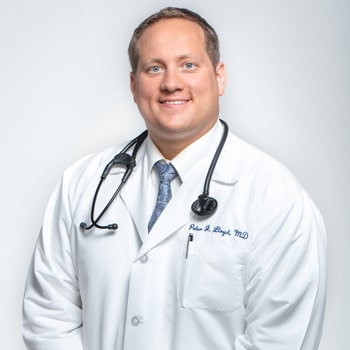Get gout under control! Foods that cause gout, as explained by your Encinitas CA rheumatologist
Food has long been linked to gout. In fact, it’s been called the “disease of kings,” because gout tended to afflict the rich and wealthy. The famously overindulgent King Henry VIII is the stereotypical gout sufferer. In modern times this intensely painful form of arthritis can affect most anyone. In ancient times, rich foods such as meats and wine were only within the reach of the rich. Nowadays, these and other “gouty” foods are available across socioeconomic levels. What remains true is the undeniable connection between diet and attacks of gout defined by sudden, sharp joint swelling and redness. Foods that cause gout among Encinitas CA patients at Seaside Rheumatology and Wellness Center will be discussed by board-certified rheumatologist Dr. Peter Lloyd. Preventing gout attacks and remaining symptom-free often requires a combination approach of medication and lifestyle modifications. A nutritional makeover may be what the doctor orders.
Food for thought
Your body produces uric acid as it breaks down purine, a chemical that occurs naturally and is also present in many foods. In a healthy person, uric acid dissolves in the blood and passes through the kidneys where it is excreted as urine; however, among people with gout, so much uric acid accumulates that sharp, needle-like crystals form in the joints and around surrounding tissues. These crystals produce painful inflammation and swelling. Your body may produce too much uric acid, or your kidneys may not be able to keep up with excreting the substance.
Foods to avoid, indulge in sparingly
Since purine-rich foods promote uric acid, dietary changes can help to decrease their levels, and prevent both recurring gout attacks and longer-term joint damage. Some of the biggest “culprits” include:
- Meat – Beef, lamb, pork, and organs such as the liver and kidneys contain high levels of purine and should be avoided, or their serving sizes should be limited.
- Some seafood – Moderate portions of fish can be a healthy part of a gout-related diet makeover; however, some types of seafood, including anchovies and tuna, contain higher levels of purines than others. Consume rarely.
- Alcohol – Alcoholic beverages, especially beer, are associated with gout flare-ups and recurring attacks. Limit alcohol between these episodes, and don’t drink it during flares.
- Sweetened foods and drinks – High-fructose sodas, sugary cereals and pastries, and even natural fruit juices should be removed from your grocery list or consumed on occasion.
Not all high-purine foods are linked to recurrent gout and attacks; for instance, vegetables such as spinach and asparagus contain abundant purines but don’t increase your risk.
Pinpointing the true cause of your symptoms, and getting gout under control, requires accounting for many aspects of your life – including diet. Trust your health and quality of life to board-certified rheumatologist Dr. Peter Lloyd. To schedule your appointment, call Seaside Rheumatology and Wellness Center at 760-509-2429.
Share this Article
Back to Gout Page


